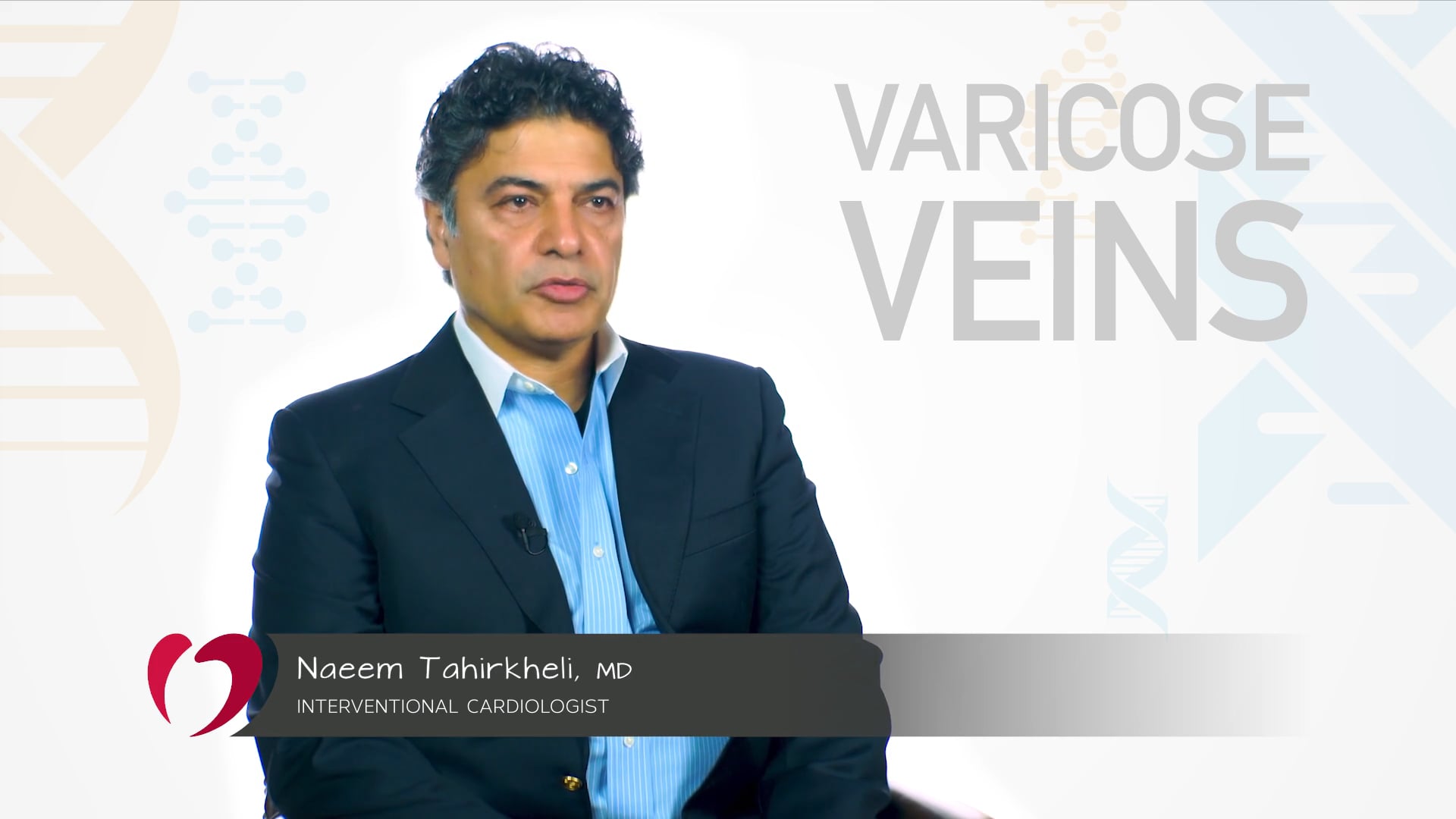Do your legs swell or do you have leg pain at the end of a long day on your feet?
Do you have pain in the legs or restless legs at night?
Do you feel a tingling, numbness, or other sensation in your legs, which is often diagnosed as neuropathy?
Do you have varicose veins or spider veins in your legs?
Do you have recurring or non-healing skin ulcers on your legs?
All of these issues can be caused by venous insufficiency. A simple vein screening and a consultation with one of our specialists can help diagnose venous insufficiency and allow for simple treatments to relieve many of these symptoms.
While many providers only treat issues that occur in the superficial veins, the specialists at Oklahoma Heart Hospital treat both superficial and deep vein issues to provide the highest quality and most comprehensive care.
What causes venous insufficiency or vein disease?
Arteries carry oxygenated blood from the heart to the body, and the veins return blood to the heart. While the heart pumps blood through the arteries, the veins don’t have a pump to push blood back up.
When standing or sitting, the veins must work against gravity to return blood to the heart. A series of one-way valves help accomplish this task. As you walk, the muscles in your calves help move blood up toward the heart. Valves open to let blood travel upward and then close so it doesn’t leak back toward the ankles.
In people with venous insufficiency, these valves become defective and no longer close properly. That allows blood to pool in the legs and put pressure on the veins. Over time, it can cause water, salt, and even blood to seep out into the tissue and skin, which can cause leg swelling, leg pain, leg fatigue, skin discoloration, neuropathy, or restless legs. If left unchecked, it can lead to non-healing ulcers in the legs.
The deep veins are responsible for carrying 90% of the blood, while superficial veins just below the skin carry about 10% of the blood. More serious problems, like deep vein thrombosis (DVT), May-Thurner Syndrome, or deep vein stenosis can occur in the deep veins. These diseases can cause serious complications and even death if blood clots travel to the lungs, so immediate treatment is needed for deep vein diseases.
Oklahoma Heart Hospital’s venous disease experts can screen for and treat both superficial and deep vein issues, which sets us apart from many other providers. Contact us today at (405) 608-3800 to schedule a consultation with a relevant specialist.
Who is at risk for venous insufficiency?
- Those with a family history of vein disease. If both of your parents had venous insufficiency, you have a 90% chance of having it as well.
- Older people whose vein walls begin to weaken and valves begin to wear out.
- People who are overweight or obese.
- Women have a much higher risk, and their risk increases with each pregnancy.
- People in professions that stand for long hours, including teachers, nurses, and hair dresses.
Contact the Oklahoma Heart Hospital at 405-608-3800 and ask for one of the venous disease experts and schedule a consultation or inquire about vein screening services. Our specialists treat both superficial and deep vein issues to provide the highest quality of care.
| North | South | Midwest City |
| 4050 W Memorial RD | 5200 I-240 Service RD | 8121 National Avenue - Suite 104 |
| Oklahoma City, OK 73120 | Oklahoma City, OK 73135 | Midwest City, OK 73110 |
|
|
|
|
| Raha Nael, M.D. | Naeem Tahirkheli, M.D. | Arik Shakir, M.D. |
| Thomas Hennebry, M.D. | Parker Truong, D.O. | M. Naveed Ahmed, M.D. |
| Ronald Magee, M.D. |





